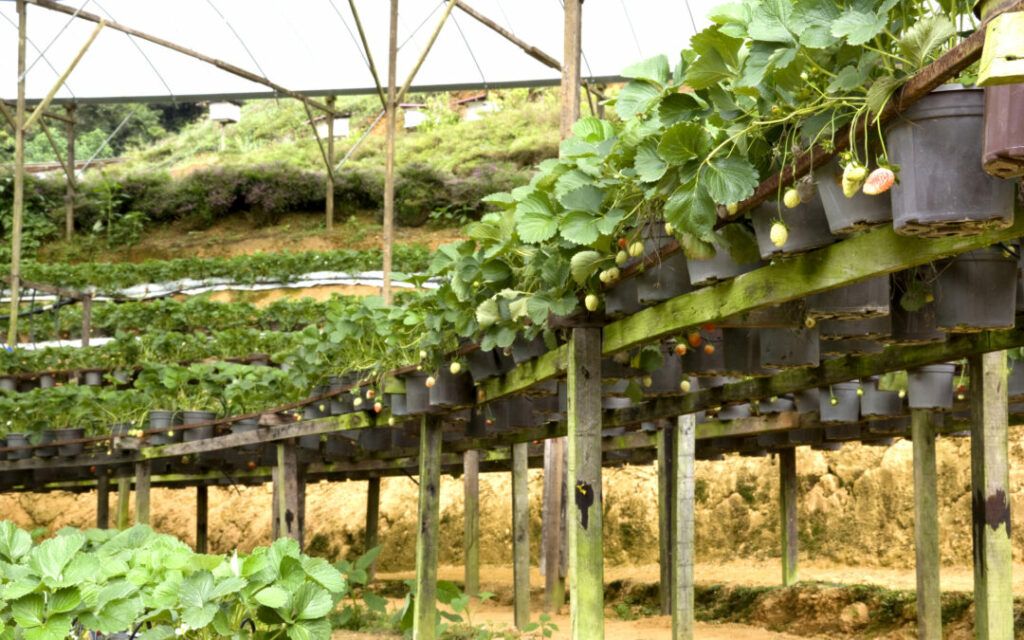Exploring the Benefits of Organic Farming
Organic farming is a practice that respects the environment and its natural resources. The farming methods used in organic farming cause less environmental damage and help preserve biodiversity. In addition, organic farming practices produce fewer pollutants and keep the soil healthier by not using pesticides or other toxic chemicals. Thus, organic farming creates a healthier ecology, with fewer impacts on the natural environment. Another benefit of organic farming is that it is often healthier for consumers. It allows food to be produced without synthetic pesticides, hormones or antibiotics, and instead harvested from natural sources. Additionally, foods like grains, fruits, and vegetables have higher nutritional value when produced organically. Finally, organic farming can have a positive economic impact. In some communities, this practice creates many jobs and boosts local economies. Additionally, it is often free of harsh chemicals, antibiotics, and other chemicals which can be expensive.
What Is Organic Farming?
Organic farming is an agricultural practice that uses natural methods of farming, such as composting, crop rotation, and natural pest control. It is sustainable and doesn’t take resources away from the land. This means that the organic farmer doesn’t need to use heavy machinery or use up land resources to produce food. Organic farming is designed to work in partnership with the land, not against it. It does this by using natural elements such as microbes, plants, and animals to create a sustainable ecological balance. Additionally, organic farming is committed to reducing environmental pollution and hazards, sterilizing soil conditions and providing additional environmental benefits through the use of natural practices.
Shaping Earth’s Future with Organic Farming
Organic farming is a viable solution to many of the environmental and health issues our planet is facing today. It can create a healthier environment by reducing the use of chemicals and pesticides, preserving the land’s biodiversity, and preserving natural resources. This, in turn, can help create a better food ecosystem and help make our planet a healthier, more sustainable place to live. Organic farming also strengthens sustainable communities. Local farmers who use organic methods will benefit from the increased demand for their products, as well as the health benefits associated with consuming natural, organic food. This helps decrease poverty, improves the overall health of the local economy and sets a positive example for the planet.
Conclusion In conclusion, organic farming is a great way to ensure a healthy future for Earth. It supports biodiversity, reduces environmental pollution, increases the availability of healthier food options, and has the potential to create jobs in local communities. It is an important step in ensuring the long-term health of our planet and its inhabitants, and is set to play an important role in shaping our planet’s future

